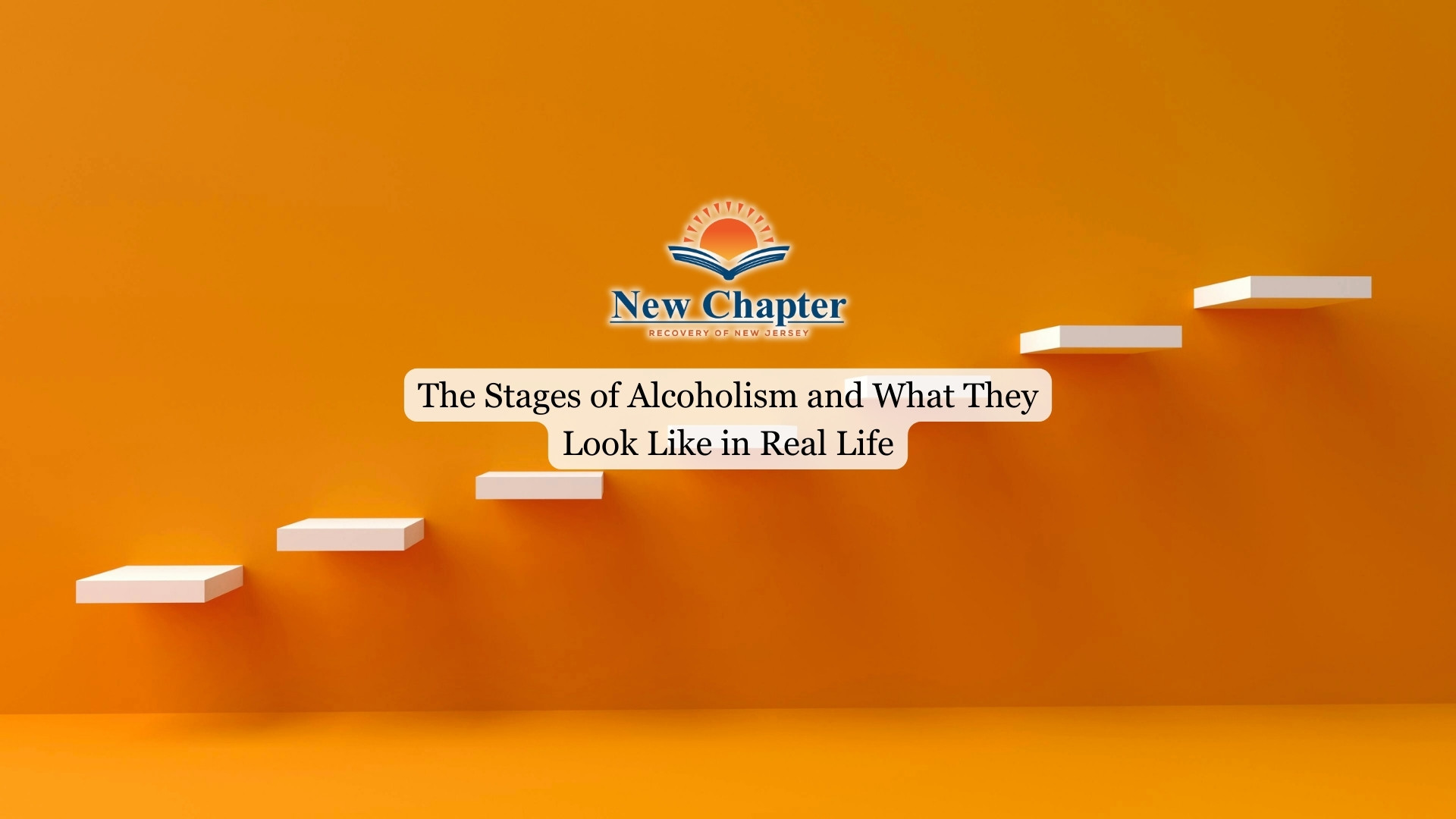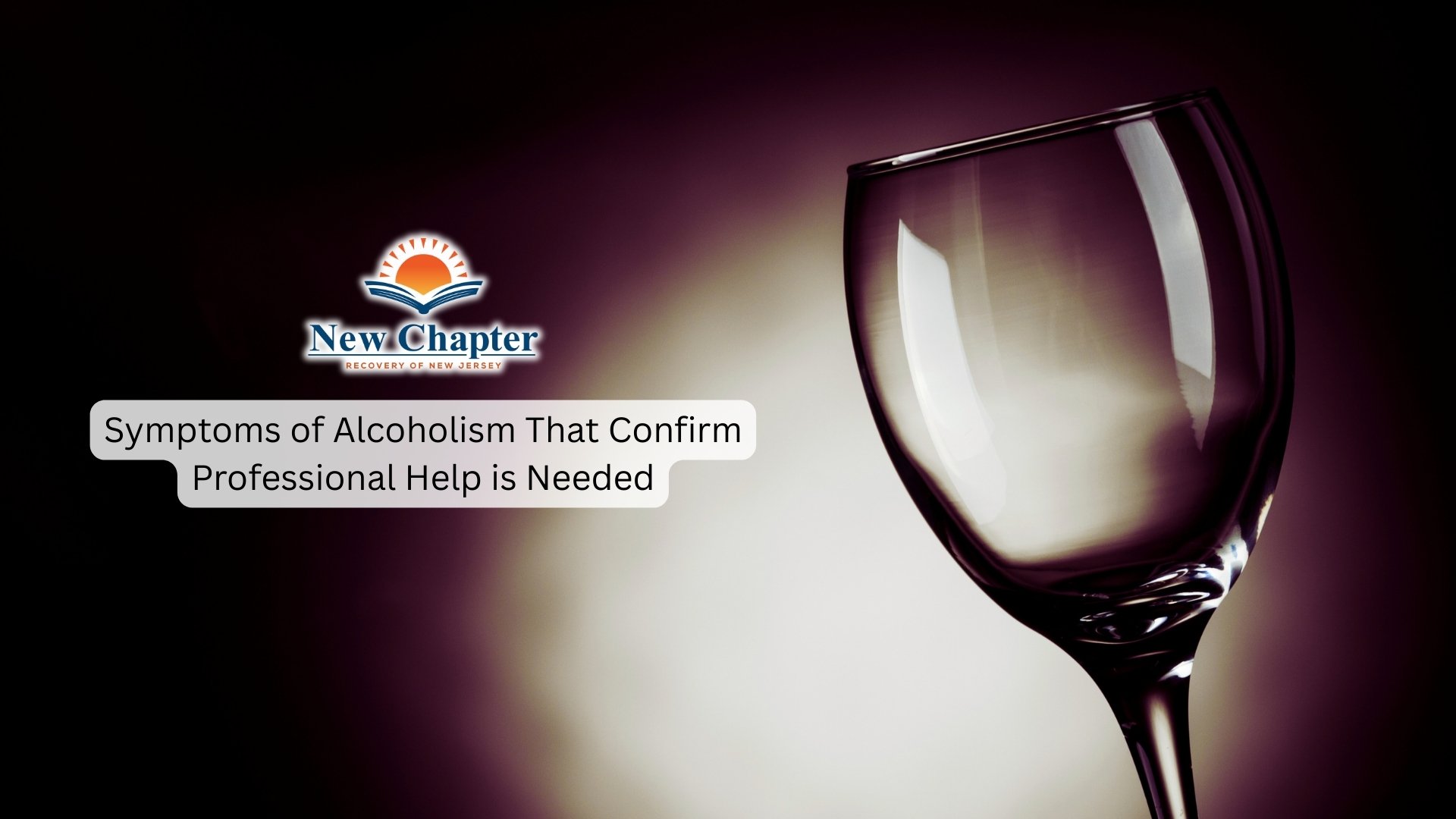At its core, mindfulness involves developing an awareness of the present moment while embracing thoughts, emotions, and physical sensations without judgment. This seemingly simple practice has been shown to significantly aid individuals in overcoming addiction by addressing the psychological and neurological factors that drive substance use and addictive behaviors.
This article explores the profound impact of mindfulness on addiction recovery and aims to encourage more individuals to integrate these practices into their healing journey.

Present-Moment Awareness
When you cultivate the ability to observe your thoughts, feelings, and cravings without judgment, you’re less likely to react impulsively or resort to substance use as a coping mechanism.
Mindfulness meditation encourages you to pay attention to your inner experiences in the present, which has been shown to decrease substance cravings and improve emotional regulation.
By engaging in mindfulness practices that focus on the here and now, you’ll enhance your capacity to respond thoughtfully to stressors and triggers, rather than falling back into old patterns of behavior.
As you develop a deeper understanding of your triggers and learn to recognize them in the moment, you’ll be better equipped to choose healthier coping strategies and strengthen your recovery journey.
The addiction treatment programs that we provide at New Chapter Recovery will guide you towards a life of sobriety, peace, and renewed purpose.
Strengthening Emotional Resilience
Consistent mindfulness practice has been found to enhance the function and structure of the prefrontal cortex, the part of the brain responsible for regulating emotions and decision-making. This improvement allows individuals to better manage their emotional responses with greater awareness and control.
Additionally, mindfulness helps reduce activity in the amygdala, the brain’s center for processing fear and stress. By lowering emotional reactivity, individuals can respond to challenges more calmly and effectively.
This practice also teaches individuals to acknowledge and observe their emotions without impulsively reacting. By creating a pause between emotions and actions, mindfulness promotes more intentional and constructive decision-making.
One of the most profound benefits of mindfulness is its ability to encourage acceptance of difficult emotions and experiences, reducing the urge to escape or suppress them.
Cultivating Compassion
By practicing self-compassion, you can buffer against negative thoughts and foster a positive self-image, which is critical in the recovery process. The “just like me” practice in mindfulness promotes understanding and empathy towards yourself and others, creating a supportive community that’s essential for long-term sobriety.
Engaging in compassionate mindfulness can also reduce judgments and stereotypes, leading to improved relationships and social support networks, which are crucial for recovery success.
Read more about the importance of goal setting in addiction recovery and how it impacts your commitment to sobriety.
Healthier Relationships
Mindfulness enhances your communication skills, fostering understanding and compassion in interpersonal relationships.
By engaging in group mindfulness settings, you’ll find community support that helps rebuild the external support networks crucial for long-term sobriety.
Strengthening relationships through mindfulness not only improves personal connections but also contributes to a supportive environment vital for maintaining sobriety.
As you cultivate healthier relationships through mindfulness, you’ll find greater fulfillment and stability in your recovery journey. The compassion and understanding you develop for yourself and others will create a solid foundation for lasting change.

Stress Reduction
Mindfulness improves emotion differentiation and prefrontal cortex functioning, enabling better modulation of emotional responses to stress. This creates a space between feeling stressed and reacting impulsively.
Meta-analyses have found that mindfulness meditation programs can significantly reduce anxiety, depression, and psychological distress, with effects comparable to antidepressants. Studies have shown that mindfulness can lower blood pressure, boost immune function, and help manage pain – all of which are often worsened by chronic stress.
Craving and Urge Management
Mindfulness practices, such as mindfulness meditation, have been shown to significantly reduce cue-induced cravings and enhance emotional regulation among individuals recovering from substance use disorders.
Through mindfulness training, you’ll learn to deconstruct cravings into sensory, affective, and cognitive components, allowing you to observe and manage urges without immediate reactive behaviors.
By cultivating nonreactivity and acceptance through mindfulness, you’ll be better equipped to navigate the challenges of addiction recovery and maintain a healthier, more sustainable lifestyle.
Check out what are the most common reasons for addiction relapse and be better prepared to navigate hardships during recovery.
Sustainable Recovery Journey
Regular mindfulness meditation enhances self-awareness, leading to improved decision-making and resilience against relapse. Research shows that mindfulness can significantly reduce relapse rates and promote treatment retention, highlighting its effectiveness in supporting sustainable recovery.
As you strengthen your mindfulness practice, you’ll find yourself better equipped to handle the ups and downs of recovery, fostering a more enriching and fulfilling life.
Final Thoughts from New Chapter Recovery
At New Chapter Recovery, we recognize the transformative impact of incorporating mindfulness practices into our evidence-based treatments. By integrating mindfulness techniques into our comprehensive programs, we help clients cultivate greater self-awareness, effectively manage cravings, and build resilience against relapse.
Frequently Asked Questions
Can mindfulness help with withdrawal symptoms during early recovery?
Yes, mindfulness can help ease withdrawal symptoms by reducing anxiety, stress, and emotional distress. By focusing on the present moment and practicing deep breathing or body awareness techniques, individuals can better manage cravings and discomfort. Mindfulness also promotes relaxation, which can help improve sleep and reduce irritability during withdrawal.
Can mindfulness be effective for individuals who struggle with severe anxiety or trauma?
Mindfulness can be highly effective for individuals with severe anxiety or trauma, as it teaches them to observe their thoughts and emotions without judgment. This approach can reduce emotional reactivity and help individuals develop healthier coping strategies. However, those with trauma may benefit from combining mindfulness with trauma-informed therapy to ensure they process emotions safely.
How can someone integrate mindfulness into their daily routine if they are new to the practice?
Beginners can start by setting aside a few minutes each day for simple mindfulness exercises, such as deep breathing, body scans, or guided meditation. Mindful activities like eating slowly, taking intentional walks, or practicing gratitude can also help develop mindfulness habits. Over time, integrating mindfulness into daily activities can enhance emotional regulation and reduce stress.
How does mindfulness impact long-term sobriety and relapse prevention?
Mindfulness helps individuals recognize cravings and triggers without immediately reacting to them, reducing impulsive substance use. By fostering self-awareness and emotional resilience, mindfulness encourages healthier decision-making and long-term coping strategies. Studies show that regular mindfulness practice lowers relapse rates by improving stress management and reinforcing a sense of control over one’s actions.






